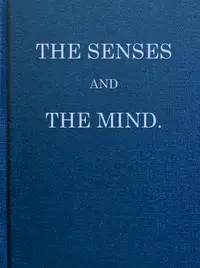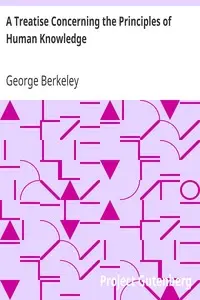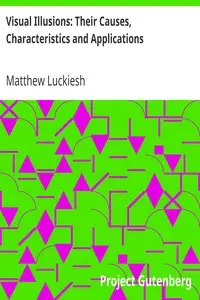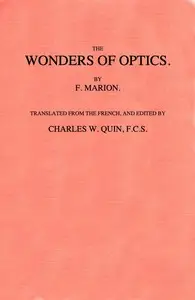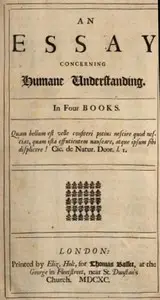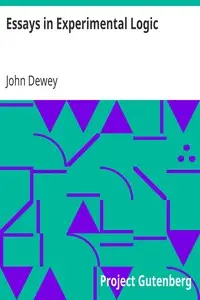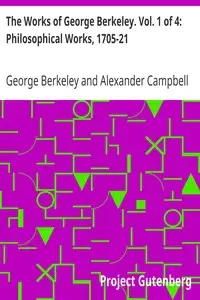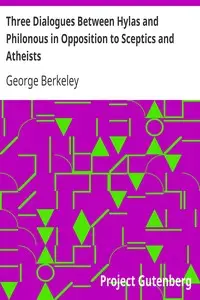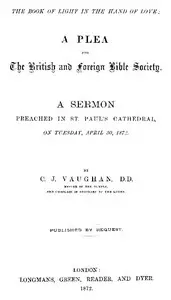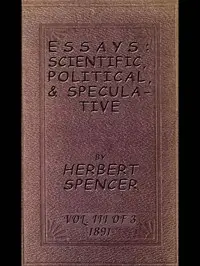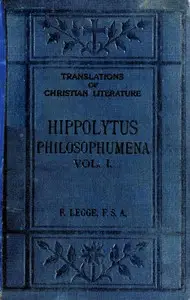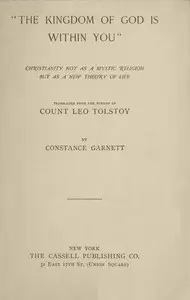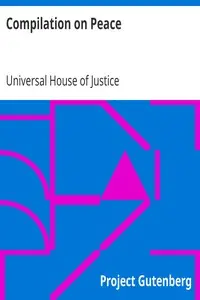** "An Essay Towards a New Theory of Vision" by George Berkeley is a thought-provoking exploration of how we see the world. It asks how we figure out how far away things are, how big they are, and where they are located just by using our eyes. Instead of agreeing with the common ideas that we use math without realizing it when we see, the book claims that our experiences teach us how to see. The book explains that we don't actually see distance, but we learn to guess it based on what we've felt and learned before. It investigates how our eyes work and how the blurriness in our vision helps us determine size and distance. Using stories to help, the book shows that understanding comes from what we touch and feel and that our experiences teach us how to understand the world around us. **
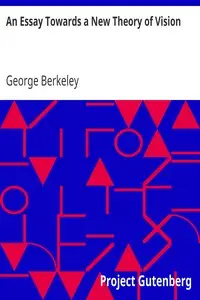
An Essay Towards a New Theory of Vision
By George Berkeley
** A revolutionary idea claims our sight is not automatic geometry, but a learned skill developed from touch and experience, changing how we understand our perception of reality.
Genres
Released
2003-12-01
Formats
epub3 (images)
mobi (images)
epub (images)
epub
mobi
txt
Free Download
Summary
About the AuthorGeorge Berkeley – known as Bishop Berkeley – was an Anglo-Irish philosopher whose primary achievement was the advancement of a theory he called "immaterialism". This theory denies the existence of material substance and instead contends that familiar objects like tables and chairs are ideas perceived by the mind and, as a result, cannot exist without being perceived. Berkeley is also known for his critique of abstraction, an important premise in his argument for immaterialism.
George Berkeley – known as Bishop Berkeley – was an Anglo-Irish philosopher whose primary achievement was the advancement of a theory he called "immaterialism". This theory denies the existence of material substance and instead contends that familiar objects like tables and chairs are ideas perceived by the mind and, as a result, cannot exist without being perceived. Berkeley is also known for his critique of abstraction, an important premise in his argument for immaterialism.
Total Reviews
10.0k
Total reviews from Goodreads may change

